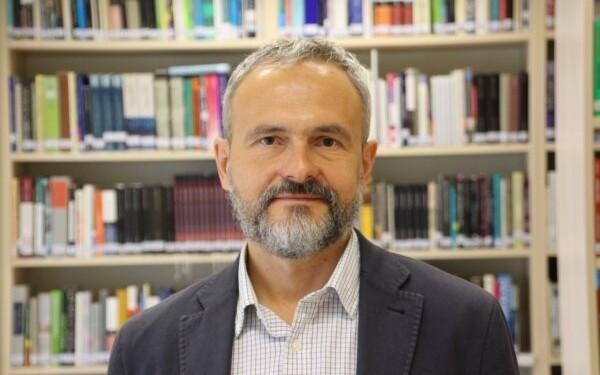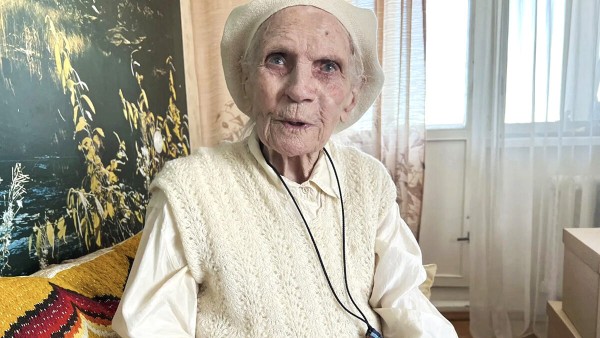
MOSCOW, RUSSIA—“The adoption of the Magnitsky law in Europe would be an absolute catastrophe for Putin,” Boris Nemtsov, leader of the Russian opposition, said soon after the United States barred corrupt Russian officials and human rights abusers from entering its territory and using its financial system. “He finds the American law disagreeable, but he’s aware that it’s in Europe that the overwhelming majority of corrupt functionaries have assets, children, property and bank accounts...So tremendous force is being exerted to defeat the adoption of the Magnitsky law in Europe.”
http://www.worldaffairsjournal...
Indeed, in the four years that have passed since the US Magnitsky Act came into effect in December 2012, no European country dared follow the example. There were motions, statements, recommendations, resolutions—but no practical steps.
This changed last week in Tallinn, where, at a conference held on the eve of International Human Rights Day, Estonian President Kersti Kaljulaid signed a law—unanimously passed by the country’s parliament—providing for the denial of visas “if there is information or good reason to believe that the alien has participated in or contributed to the violation of human rights in a foreign state, which has resulted in the death, serious physical harm or unfounded conviction of a person for a crime for political motives, or some other serious consequences.”
Where the grand powers of the so-called “old Europe” fell short, a 1.3 million country on the Russian border had the tenacity to become the first European Union member state to close its doors to those who abuse their own citizens but prefer the comfort and freedom of the West for themselves and for their families.
Four years on, the principle set by the US law—that there should be personal accountability for human rights abuse, and that it should not stop at national borders—has been accepted on European soil. Estonia’s lead should now make it easier for more timid EU governments to follow. Notably, the very nature of European pan-national arrangements—including the 26-nation Schengen free travel zone—also means that when a human rights abuser is denied an Estonian visa, he or she is also denied entry into the rest of the Schengen area.
“When we in Russia establish law and order, when the country has an established independent judiciary, I will be the first to go to Brussels and Strasbourg and lobby for the law to be repealed, because we will deal with our scoundrels ourselves,” Nemtsov said in 2013. It will not be him—but one day, a leader of a democratic Russian government no doubt will argue that external visa sanctions should be removed as obsolete. That day has not yet come. For now, it is up to European democracies to tell Kremlin crooks and abusers that they are not welcome.
























